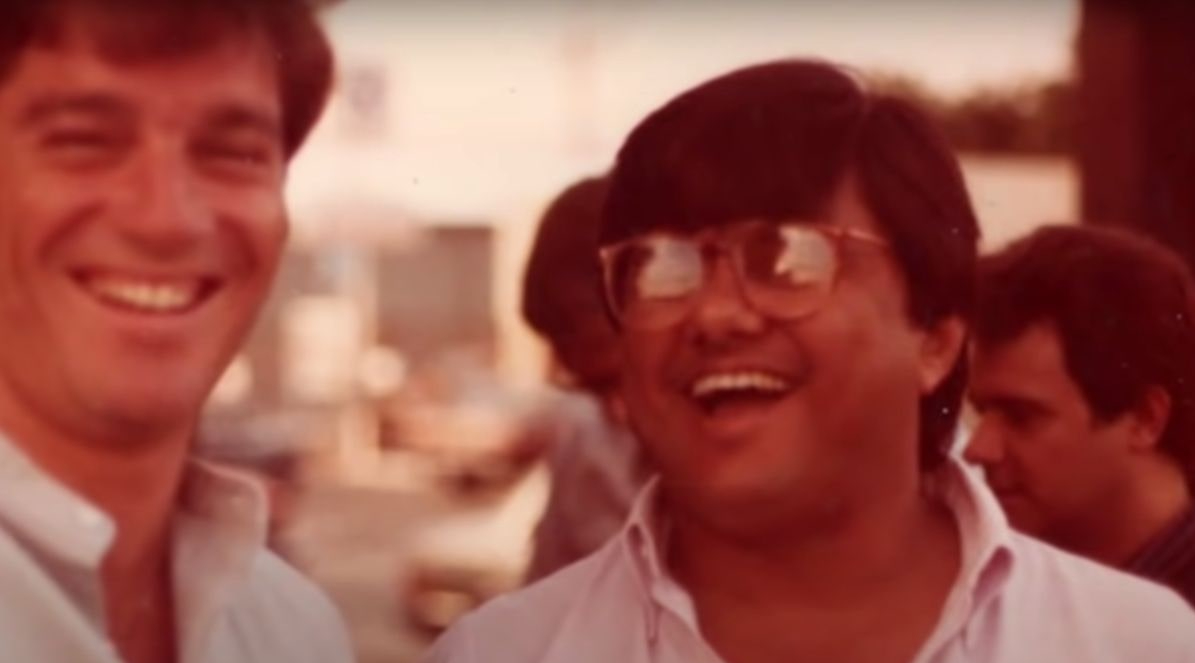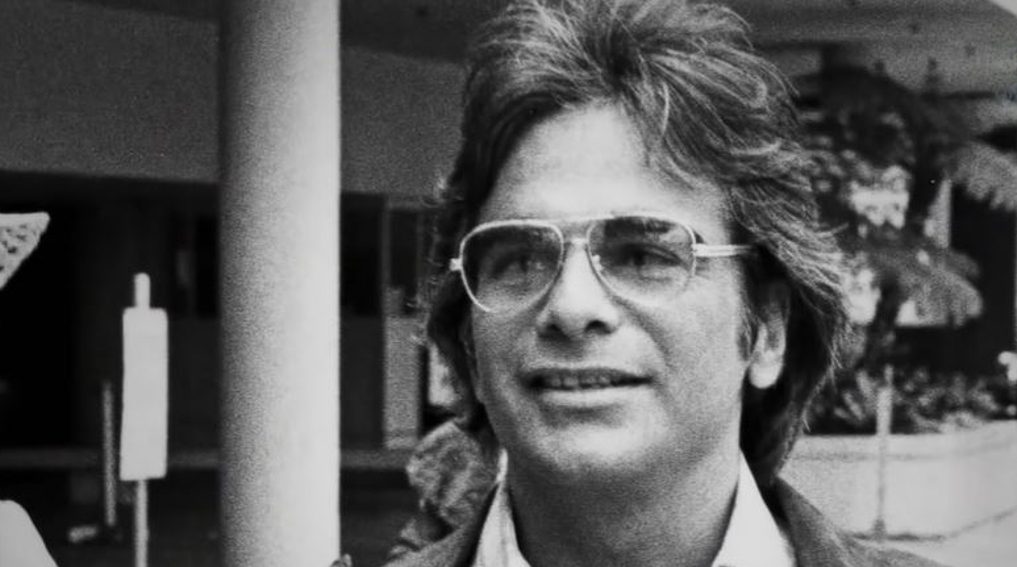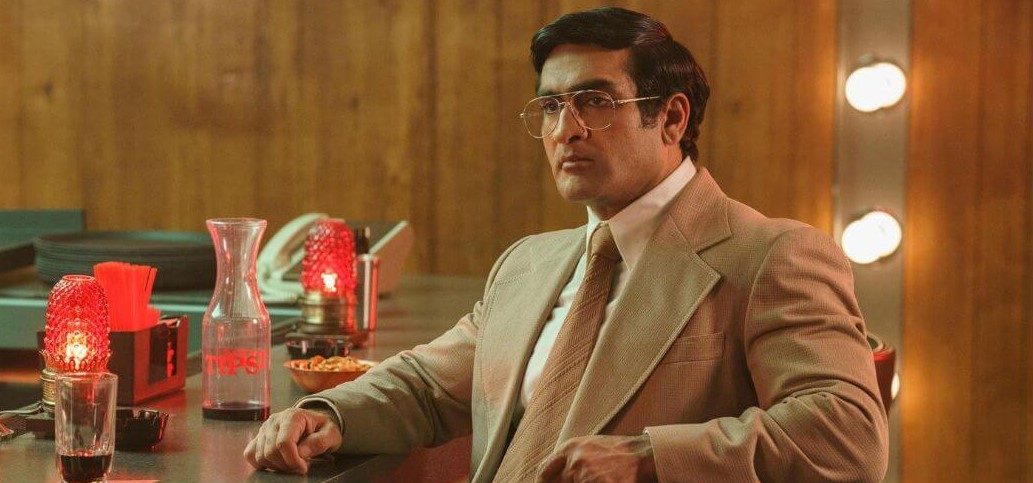Hulu’s ‘Welcome to Chippendales’ tells the story of Steve Banerjee, whose quest to become a successful businessman leads him to a life of crime and bloodshed. At first, Steve displays an acute understanding of turning a small idea into a huge deal. However, as things take off, he becomes more and more reckless about his decisions and ends up doing the things that undo all his hard work over the years. In the sixth episode, we find him signing a deal with Nick De Noia which leaves Steve feeling cheated. What was that deal, and what role did the term “in perpetuity” play in the events that followed? Let’s find out.
What was the Napkin Deal Between Steve Banerjee and Nick De Noia?
Steve Banerjee and Nick De Noia’s collaboration turned the LA Chippendales into a huge success. However, both men had egos that prevented them from acknowledging each other’s contributions. As per reports, Steve was the owner of Chippendales, and he treated Nick like just another employee. Nick, however, considered himself the MVP of Chippendales. Without him and his routines, the whole place would have shut down as quickly as it opened. Nick wanted to be acknowledged as such, and eventually, he made a move for it.

In November 1984, Nick proposed to expand Chippendales. He offered to open its branch in New York while also proposing the idea of a touring company. He wanted half the share of the profits from the touring company in perpetuity. During this meeting, Dan Peterson, one of the original dancers at the Chippendales, was also present. He shared the details of the meeting in the third episode of the ‘Welcome to Your Fantasy’ podcast.
“Nick basically proposed to Steve that he would have a road show in perpetuity. And Banerjee didn’t know what ‘perpetuity’ meant, and he just thought, it’s going to expand Chippendales. That was how it started. And Nick wrote on a napkin, ‘I have the right to take Chippendales on the road, and I own this in perpetuity.’ And Banerjee signed it,” Peterson said. He served as the witness when Steve and Nick signed the deal on a cocktail napkin.
Peterson confirmed that Steve didn’t understand what in perpetuity meant. “He told me afterward. I remember when Nick said, ‘I have the right, I own this show.’ You know, and he even said, ‘Dan was there and you signed the contract.’ And Banerjee said, ‘I didn’t sign the contract for that.’ And I said, ‘No, you signed a deal,” the former Chippendales member added.

For reference, in a legal contract, “in perpetuity” means something that will continue to exist even after the contract has been terminated. What happened in Steve and Nick’s deal was that there was nothing to mark the end of the contract. As the owner of Chippendales, Steve could have made the deal for a limited amount of time. Nick could have 50-50 rights for a given number of years. When the contract ended, he would have had to legally forego his stake, no matter how things turned out with the touring company.
At the end of the contract, he and Steve would have revisited the entire situation and a new contract with a new end date would have been drawn up. This would have allowed Steve to rewrite the terms of their deal the second time around, especially when he saw how profitable the whole thing was for the business. However, he made the mistake of not consulting with his lawyer. With the term “in perpetuity” in the contract, it meant that even if Nick stopped working for Chippendales, even if he left the touring company, he would still be entitled to half of its profits forever.
It was only later that Steve realized what he had done. He tried to capitalize on the idea of touring by sending his own tours. However, Nick reportedly took him to court for it, citing it as a violation of the deal that they’d struck previously. As expected, the court ruled in Nick’s favor, making Steve all the more furious. In fact, Nick was now Steve’s partner, not just his employee. Now, no matter what Steve wanted or what argument he gave, he had signed over the cash cow to Nick, and there was nothing he could do about it. Not legally, at least.
Read More: Steve Banerjee’s Printing Press: Are Chippendales Calendars Still Sold?


You must be logged in to post a comment.